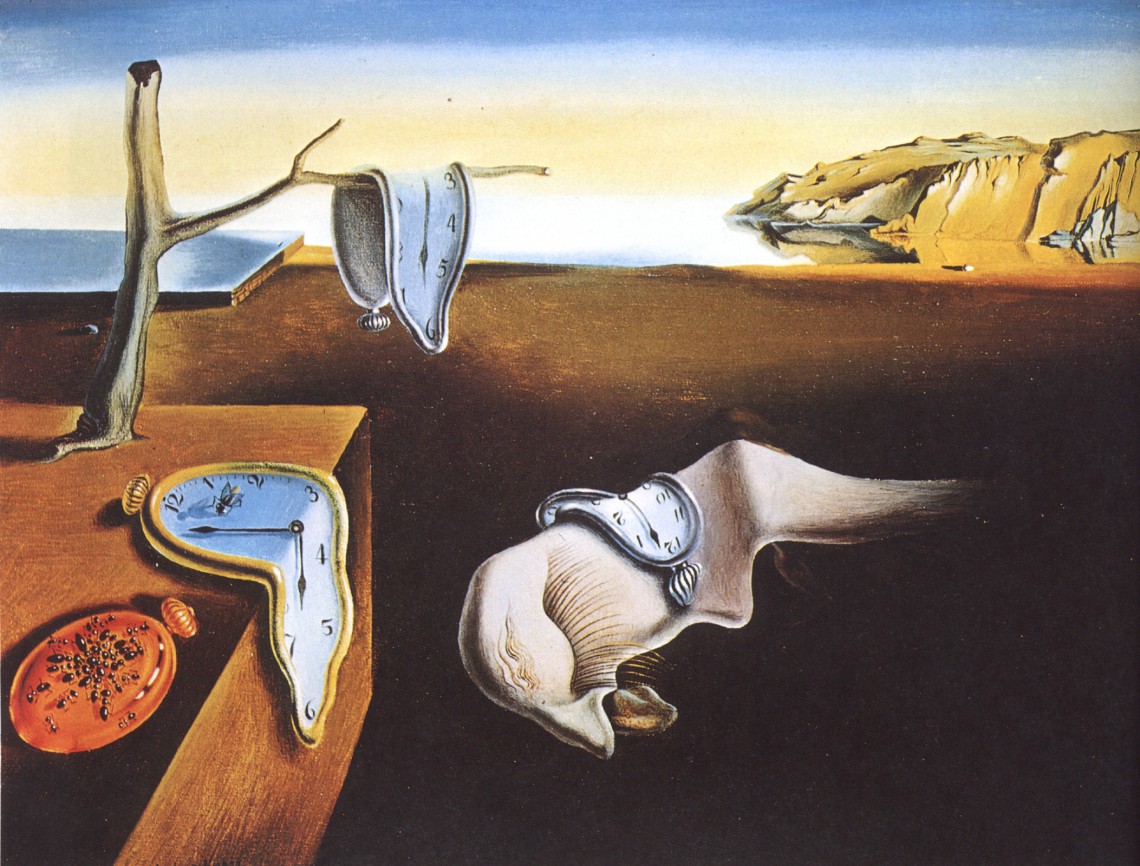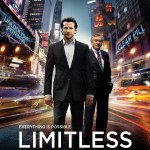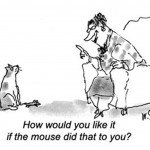Time: everybody knows what this word refers to, but no one can easily define it. Unlike other practical concepts, time is such a blurry element that developing ourselves through our relationship to time is a rare try. Here are some tips I found out this last year:
- Think of your free days as “Week-start” instead of “week-end” : When you name your consecutive recurring free days (let’s say, for the most of us, Saturday and Sunday) “week-end”, your probably associate them with the reward of a painful, unenjoyable week-start (that is to say, Monday to Friday in our example). Yet, such mindset keeps you in the future during Mon-Fri, and then somehow keeps you in the past on Sat-Sun (you are “living out the pain of the weekstart”). Simple consequence is: you just get tired by how you relate to time because you keep in mind a distance between what you live now and what your mind projects, and you enter in a loop of increased fatigue over days. If, on the contrary, you think of your free days as a week-start, in which you must gather the most energy possible, to live a working week-end during which you will enjoy the energy you had gathered. In small habits triggered by this viewpoint, you will not live your Mon-Fri with the mind of “how much you crave for next Saturday”, but “how much power last Saturday gave you”. On Saturday-Sunday, you will not think of “cleaning away the bad energy”, but building the good energy (which makes you Way stronger!). This is a very difficult point to tackle, because it is deeply ingrained in society, therefore in our education. Yet, you can be sure that being mindful of this trick energizes you a lot.
- Replace Stamina with Patience: When people tell you “be patient”, most of the time they mean “think of the long term reward and endure the current pain”, which makes long periods of painful time “unenjoyable”. This is not patience, this is Stamina: this is another ability, which might proove useful in other situations, but which can be replaced by patient enjoyment in long periods of “late reward”. What if, instead of saying “To enjoy one late reward you must endure current pain”, you were told “The reward you are thinking about will indeed come later, in the meantime, you can enjoy this other thing you did not think of, because you were focused on the late reward”. Patience is the ability to turn the present into something you enjoy, by opening your mind to temporary enjoyments (that can be lost when the reward comes!) and unfocusing on the late reward while still working for it.
- Longevity starts in youth: What image comes to your mind when you think of the word “Longevity”? Probably a white-bearded man or an old lady like Jeanne Calment, who would have had received an extra-time bonus when others of the same generations would die. Many would think then “Longevity is probably cool, but as I am young today, I suppose I will not enjoy being an old folk for too long, deprived of my current abilities”. What if you were told that you can “stay young like you’re in your 20s, but up to 70 years old, and then start the aging process from your 30s ? Longevity is just a better arrangement of your biological aging so that in absolute time, your “biological time” is lower than those of your counterparts. It does not say when it happens, although the consequences are indeed the white-bearded man and Jeanne Calment. As your body grows old, its abilities to regulate big events decreases, but in youth, you can teach it to regulate big things with all the resources it has. It is like investing when you are rich, youth is the best moment to start training for longevity, as you should have more time to set up good habits.
- Increase your income by biologically slowing down: This point is closely related to the previous one. What if you can be offered ten times your current salary, but with a body aging 20 times faster ? What about 20 times salary and 50 times faster ? Would you become “an aged body” for “a peak of money” ? Most of people would say no, because they would prefer maintain a higher income “per hour of body aged”. While these answers seem obvious in the “getting close to biological death” direction, only few people talk about the same calculation on the other way. What if you had the chance to get only 80% of your salary but with an aging rate of 50% ? In an exaggerated manner, what if your body-mind could have thrice as less needs, and twice as less income ? It would give you more time to enjoy life, build experience, spend a longer life journey, etc.
- The “rush period” myth: “I don’t have time” seems to be one of today’s motto, and it seems it is even something people look for, because someone busy means someone important, or at least with lots of interesting things. Never anybody thinks of someone busy as someone who is inefficient, impatient, and unable to set priorities. As long as you have your priorities in mind, and as you are not in a “hunter gatherer survival mode”, you always have time, but you have to accept that some things are not the priority, and that “having too few time” is just an excuse for not setting priorities.
- Accept death…but also accept LIFE: “What is the point if I die in the end ?” , “However strong I become, I will end up weak within years”… Those are the statements of people who acknowledge mortality of all things. In many cases, such acceptance of temporality brings more wisdom. Yet, if you focus only on the temporality of what you build with your current resources (let’s say, build muscles with your physical strength), you may lost sight of the temporality of your resources themselves (let’s say, your vitality). Investing your resources is a thing, but enjoying them is the other side: You build muscles not because it will last forever, but because your vitality does not, and you can enjoy using it ! (In the previous example, vitality fades away when you do not use it). This is not an appeal for unreasonnable hedonism, but a counter to nihilism through enjoyment of the present in building the future.
- You can remember more of a period of time : What if you had one last day to live: would you spend half of this day to cry and be sad ? What if you were on a family trip to the other side of the world and if due to external events you had to go back after one day: would you spend this day quarelling or complaining ? Again, most people would say no. Yet, we are also often utterly disappointed when something ends up too fast, or when at the end of a certain amount of time we did not get the expected result, and especially, we forget how much we enjoyed pursuing these goals. This is not a point against objective setting, but about your outlook on the past, and how you plan your future. Expected result is a guideline, and it does not make everything: assessing time only through the measure of result is the best way to throw away all the rest of the experience. When you work your mind to remember more a certain period of time, it also extends its existence and gives you the rightful impression that this time was valuable, and that life did not run as fast as you can state now only through the lens of result.
And you, did you enjoy your time reading this article ? Did it give you another viewpoint of your relationship to time ? Feel free to comment and to ponder it in a smiling day !







Comments by Alex